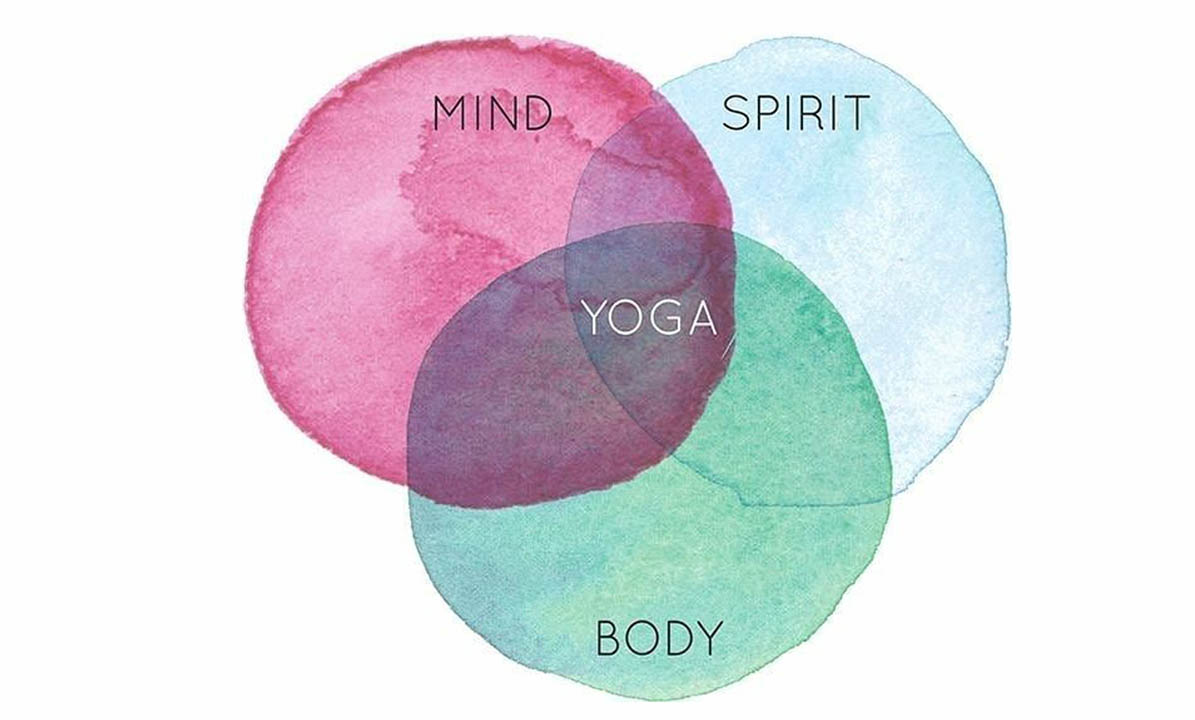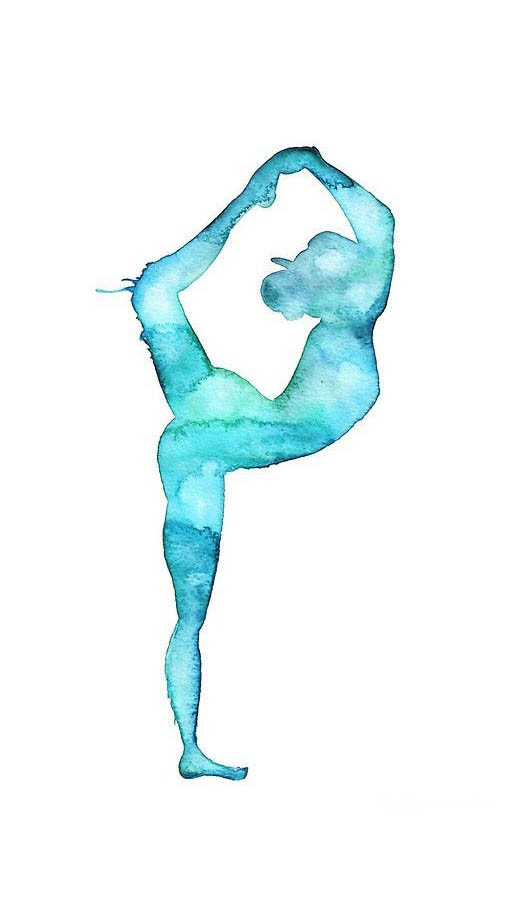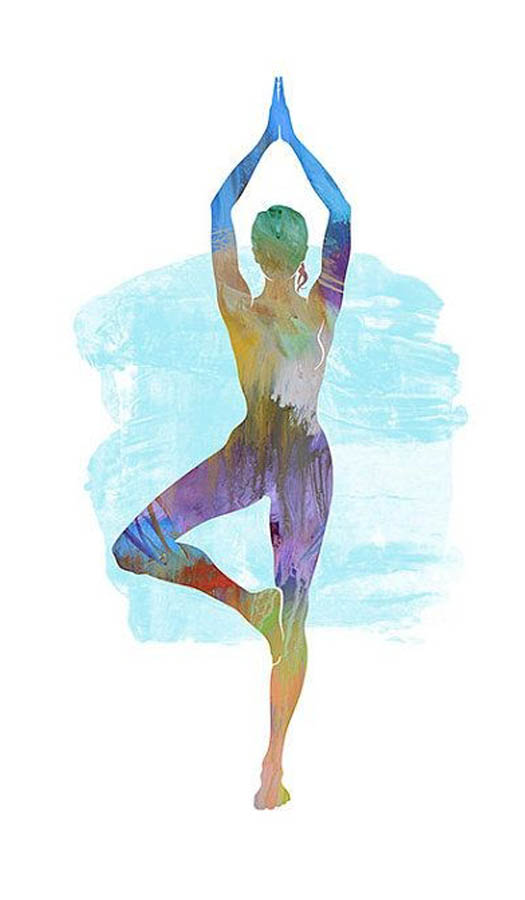
The practice of Yoga in the Indian sub-continent has been documented as early as 3000 B.C. The word yoga comes from the same Sanskrit root as the word for yoke; it implies harnessing oneself to a discipline or a way of life. This technique has a universal appeal in that it is not associated with religious faith, and it is considered a technique of personal development.

Yoga includes relaxation ,control of breathing and various physical postures(Asanas). Regular practice of yoga establishes natural harmony and functional balance between various organ sysytems, leading to better health and a feeling of well-being.

Yoga exercises strengthen and increase tone of weak muscle and help with conscious control over autonomic functions of the body . Yoga postures called “Asanas ´help with developing correct breathing patterns , bowel habits , and regular sleeping patterns. It teaches the art of relaxation , relieving muscular and nervous tension and leads to increased energy.

Types of yoga practiced at Yogapathika-Vassishta Ayurveda Madom
1.Hatha Yoga
The word hatha comes from, ‘ha’ which means ‘the sun’ and ‘tha’ meaning ‘the moon’ or “a union of the pairs of opposites.” This holistic path includes postures (asanas), kriya (purification techniques), pranayama and meditation.
The repertoire of hatha yoga at “Yogapathika” prepares the body for stillness, creates the necessary physical strength and stamina that allows the mind to remain calm. It is a vehicle for meditation and a powerful method of self-transformation.
2.Ashtanga Yoga
The brisk moves under trained supervision generate internal heat, detox and purify the body, build core strength and tone the muscles. This dynamic and physically demanding practice with synchronized breathing also calms the mind and reduces stress and helps keep weight in check.
3.Therapeutic Yoga
At “Yogapathika” physical, mental and spiritual well-being is the ‘soul’ focus to reach a state of optimal health. When the body and mind are in synergy with the inner self and the rhythm of nature, it balances and enriches life. The “Yogapathika” team amalgamates best practices of yoga, pranayama, meditation and Ayurveda treatments to resolve spinal disorders. The treatments are also very effective in treating:
Arthritis
Bowl syndrome
Neuro muscular disorder
Asthma
Blood Pressure
Prenatal care
Postnatal care
Meditation
Dhyana is the generic Sanskrit term for meditation . It has been well documented in medical research for decades that the practice of meditation is considered as a means of activating the body’s natural mechanisms for managing stress.



